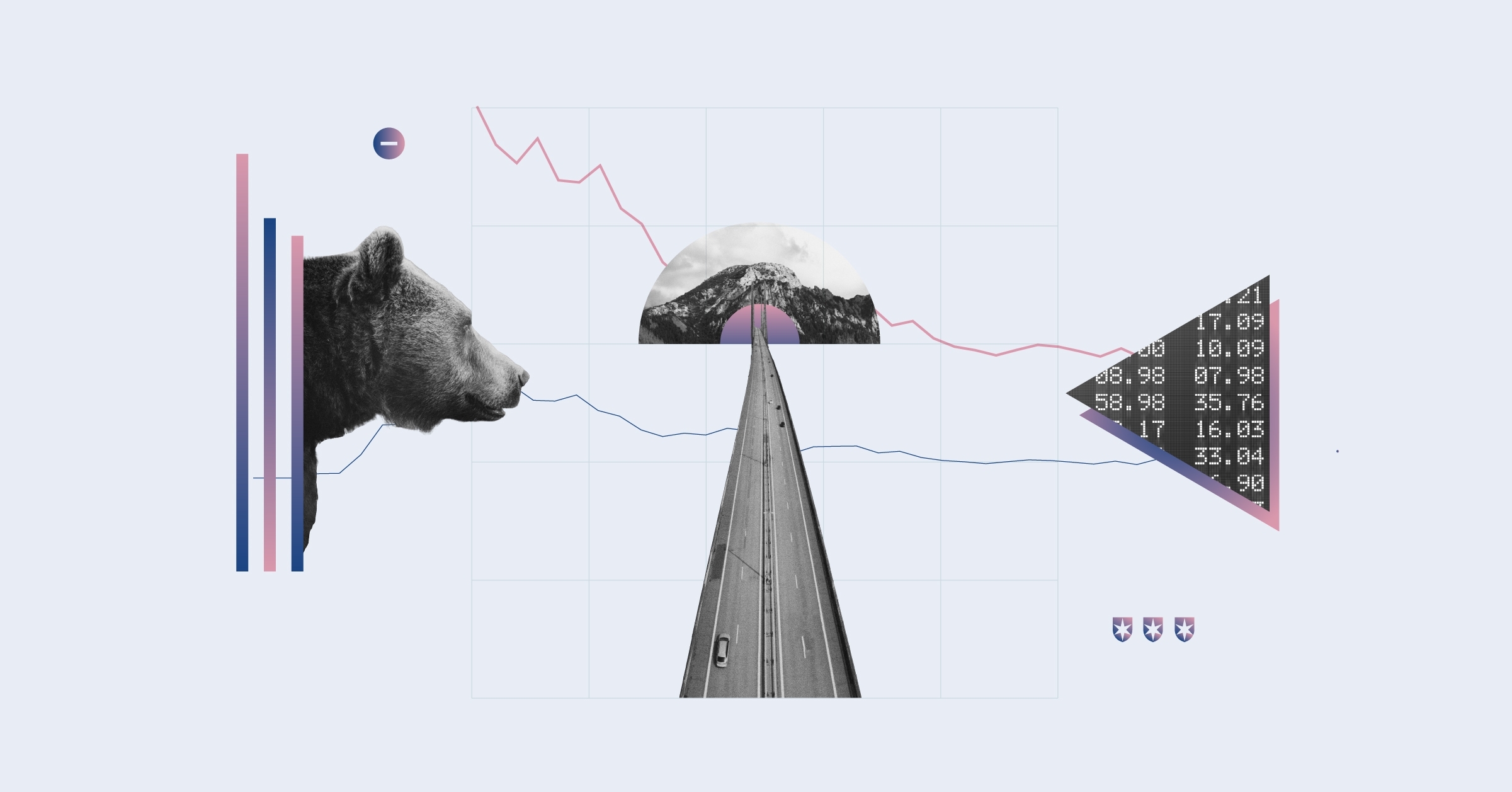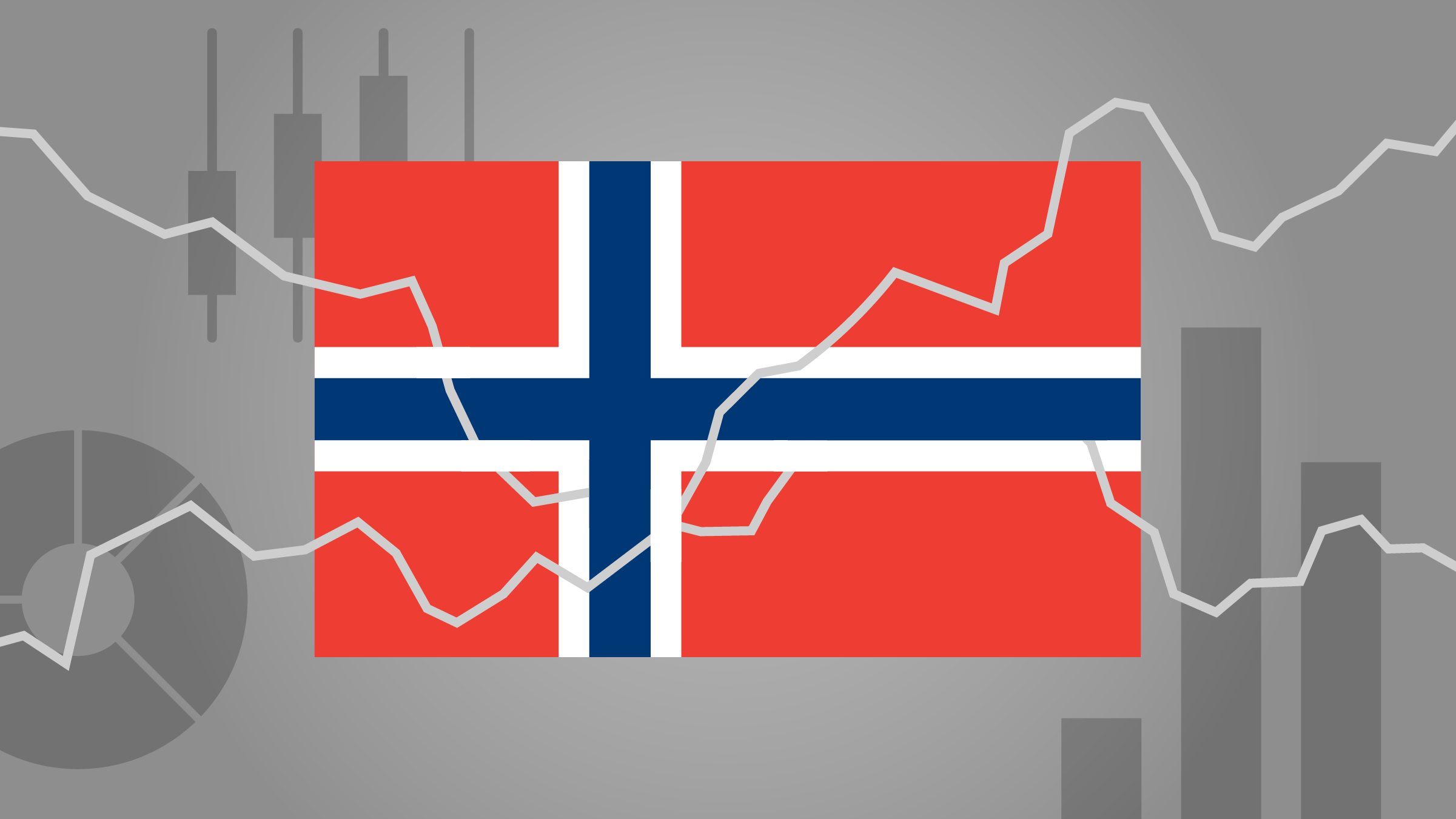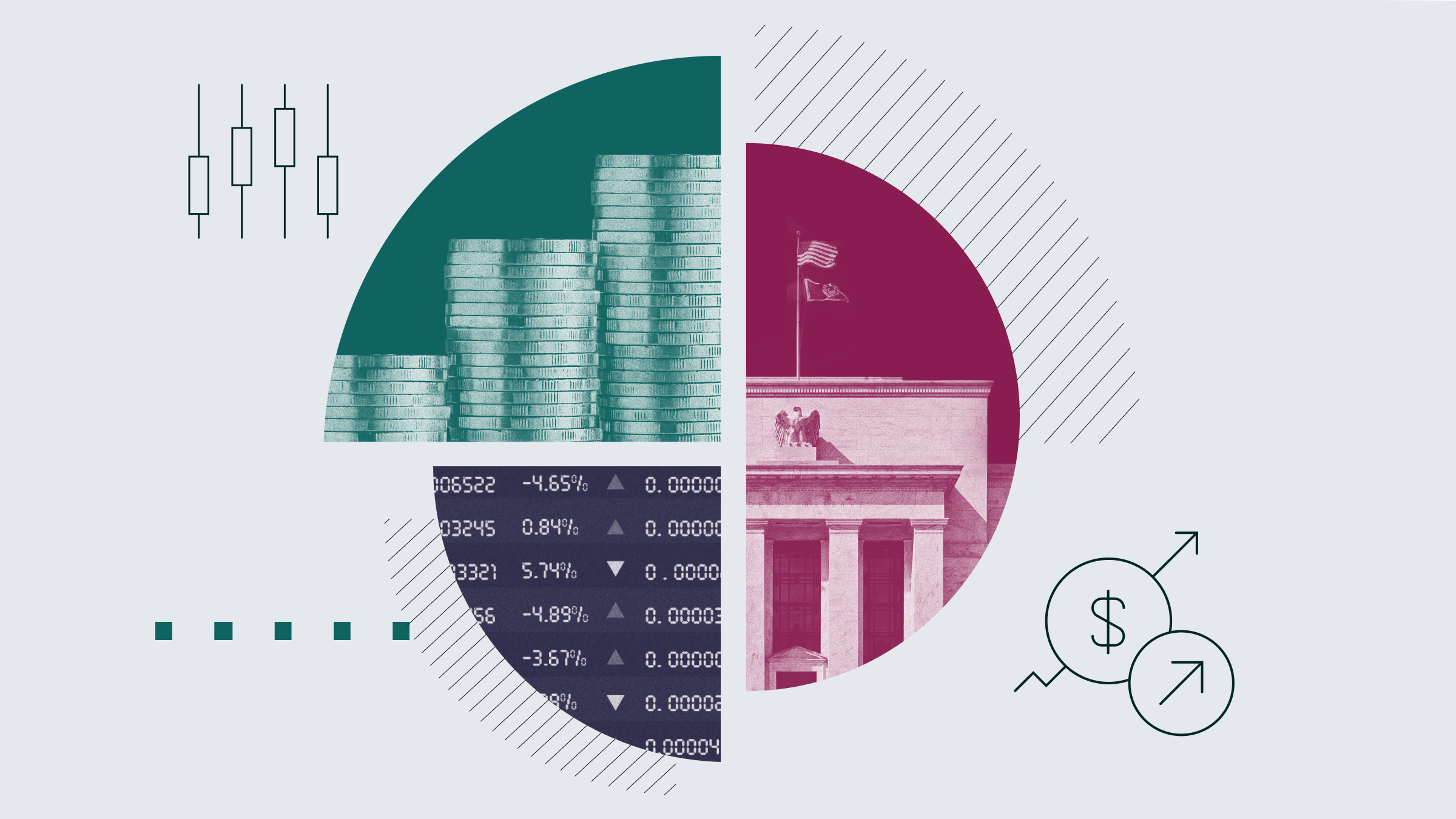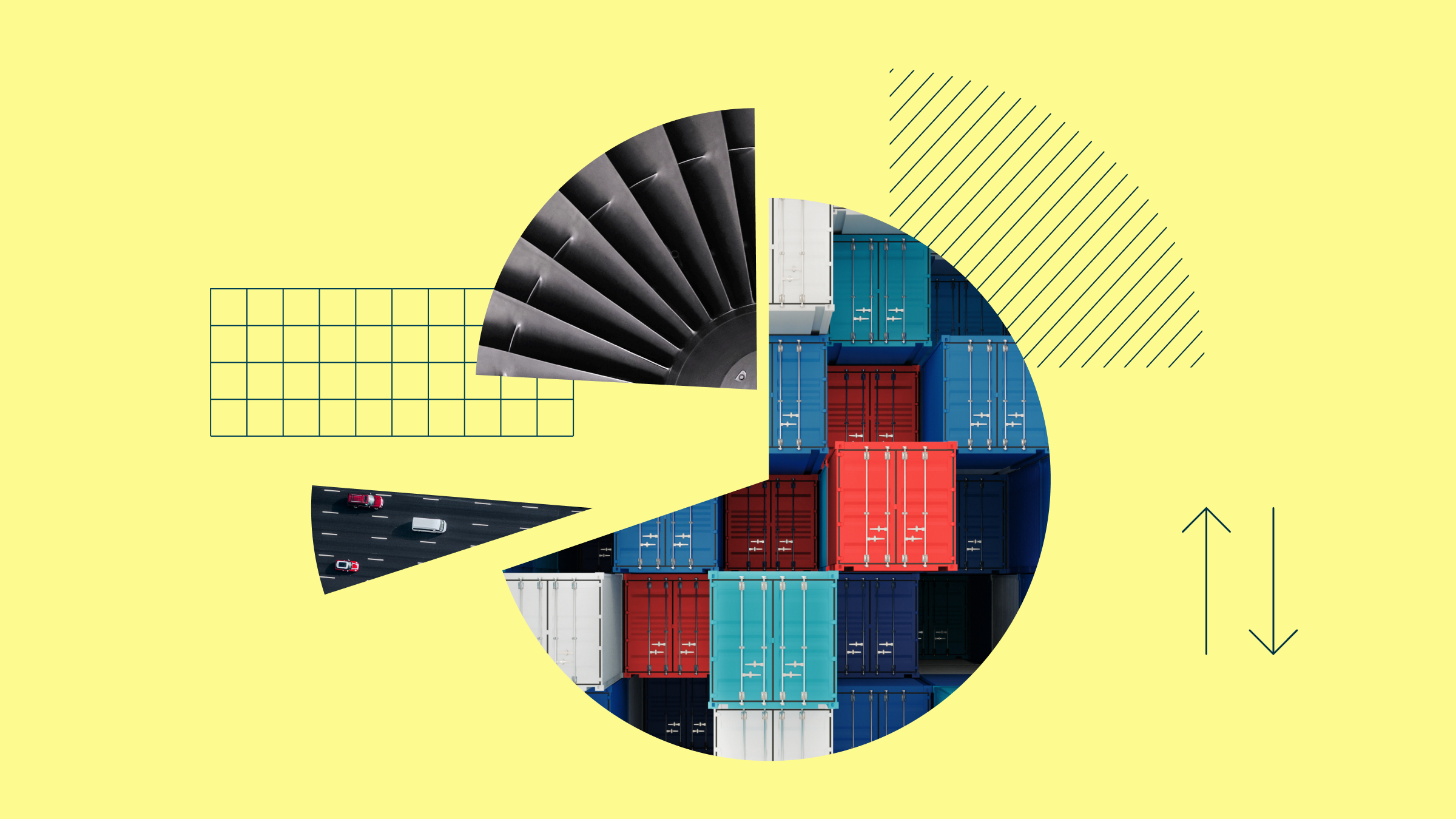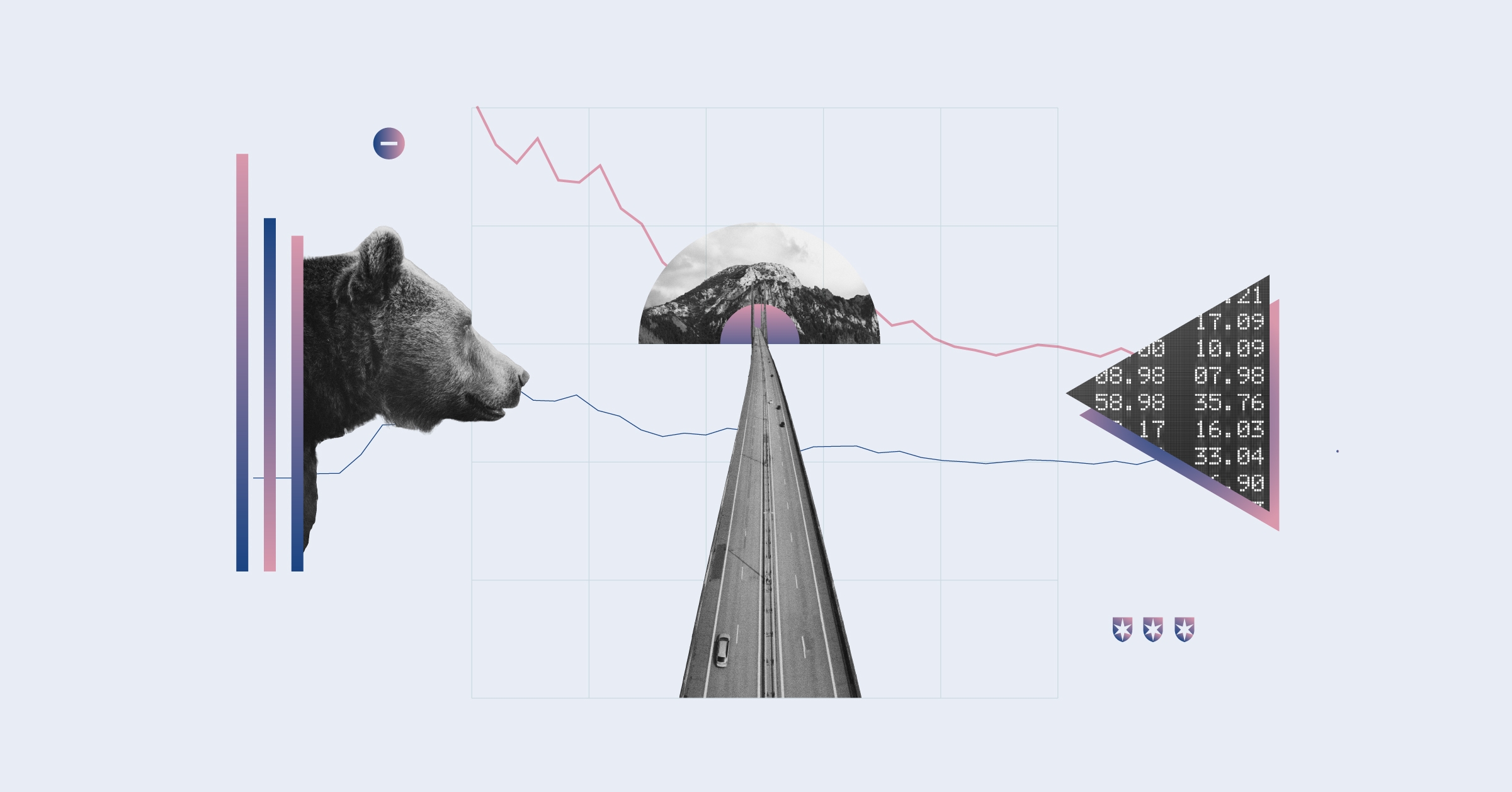Emma Wall: Hello and welcome to Morningstar. I'm Emma Wall and here with me today is Morningstar analyst Jose Garcia Zarate, to talk about what’s going on in Russia. Hello, Jose.
Jose Garcia Zarate: Hello.
Wall: So it's been very volatile year for Russia. What exactly has been going on?
Zarate: Yes you correctly point out, it's been rather volatile year for Russia. Initially the concern was the financial sanctions against the Russian economy. But over the past six months what's happened is that we've had a dramatic fall in oil prices and the Russian economy is heavily dependent on oil exports. It’s a non-diversified economy. It relies exclusively on oil and gas. Therefore any drop in oil prices and international energy should be reflected in foreign exchange valuations which obviously is in this case is why the ruble is going down so dramatically.
Wall: And the currency really has taken a beating this year. But in particular in the last couple of weeks and they seem to have sort of said enough is enough, because the authorities have stepped in, haven’t they?
Zarate: They have actually. There is this uncertainty about what oil prices are going to do and therefore, the assumption is that they might actually drop even further. That actually is a negative for the Russian currency. The Central Bank has said, as you say, “enough is enough, let's try to prop up the value of the ruble in the foreign exchange markets”. So what they initially did was to hike interest rates from 10.5% to 17% almost overnight. That really didn’t seem to work.
So now we are on stage number two which is basically using the central bank foreign exchange reserve currencies in order to intervene on the international markets to prop up the currency. And we don’t know whether that’s going to be effective or not in the short to medium term.
Wall: 17% interest rates, we can only dream of those in the developed world. Talking of the developed world, how much does what's going on in Russia effect the rest of us, affect the rest of the global economy?
Zarate: Well, there is obviously always a potential of contagion, which would be very damaging particularly for the emerging market economies. At the moment it seems to be fairly contained, although, you would expect the sums below in terms of volatility through other the regions. It's very much dependent on the evolution of oil prices in the short to medium term and that’s a big unknown at the moment.
If oil prices manage to stabilize somehow or if the Central Bank of Russia is successful in its efforts to stabilizing the currency maybe we shouldn’t worry too much. The problem is the volatility and the potential contagion.
The one thing I would say is that emerging markets economies are much better equipped to deal with this crisis than they were 20 or 25 years ago. The key issue here is that they are much better governance and they have been amassing a great deal of reserves that will allow them to put up a fight that they were not able to do 20 or 30 years ago.
Wall: Jose, thank you very much.
Zarate: You are welcome.
Wall: This is Emma Wall for Morningstar. Thank you for watching.









